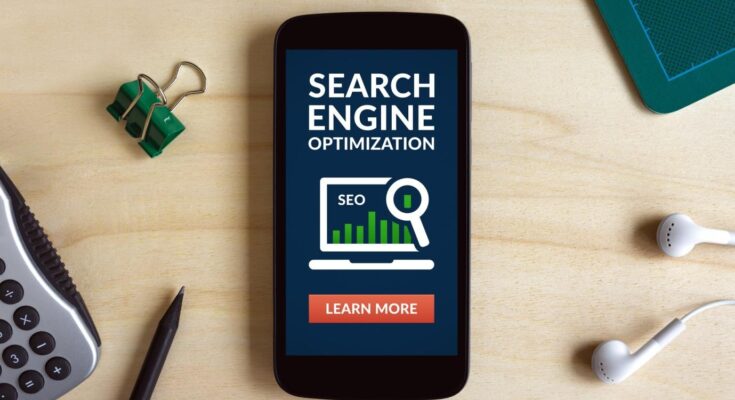Do you ever wonder why you’re not ranking as well as you’d hoped in search engine results? You know you have an awesome website and valuable content, but still, you just can’t seem to break past page 3. This could be due to various factors that are affecting your current search engine position.
Do you want to make sure your business appears on Google’s first page when people search for your services or products? In this blog post, we’ll uncover the culprits behind your slump in search rankings and share solutions for improving your search engine position. Keep reading to learn more.
1. Website Content and Relevance
It’s important to make sure the website content is up-to-date and relevant to the user’s needs. Additionally, the website content should contain relevant phrases and keyword selections that match the user’s search query.
Website content should also be written to engage users and contain a clear call-to-action. Besides content, website structure and navigation should be optimized, making it easier for search engine crawlers to index the website properly.
2. Backlinks and Domain Authority
Backlinks are links from other websites to your own website or pages within your site. A strong backlink profile signals to search engines that your website is authoritative and valuable to visitors.
Domain Authority is a search engine ranking score that predicts how well a website will rank on SERPs. It takes into account various factors like the strength of incoming links and the amount of content on the site. To obtain a higher Domain Authority, you need to build more powerful external links and a better internal link structure.
3. Page Loading Speed
Page loading speed is affected by the quality and size of the hosting environment. This also affects the number of connections to the server, the content on the page, the amount of scripts being run, and the accessibility and presence of cacheable files.
Therefore, for improved website speed, try to keep your page size to a minimum, and minimize the number of connections and requests to the server. Utilize caching to get the most out of static files.
4. Mobile Friendliness
If your website isn’t designed to be responsive on mobile devices, it’s likely that you won’t rank as high on the search engine because fewer people will land on your website. If your website takes too long to load on mobile devices, you will not rank well and you may even be penalized by Google.
As a matter of fact, there are over 100,000 manual actions annually against websites with different violations. Following Google’s mobile-friendly guidelines should ensure a successful search engine position.
5. User Experience (UX)
In order to maintain a high ranking, UX should be taken into consideration throughout the entire process of search engine optimization (SEO). UX encompasses many different elements. This includes creating an intuitive website design and providing useful and engaging content. As a result, having a properly optimized user experience could potentially lend to an improved search engine ranking.
Improve Your Search Engine Position Immediately
Overall, it is important to be aware of search engine position factors when optimizing a website for search engine indexing. Keeping an eye on competitors, content optimization, technical website factors, and link-building strategies is essential to achieving great search engine positioning.
Take the time to research, implement, and track the various optimization strategies that get your site moving in the right direction. Start managing your search engine rankings today!
Visit our blog for more interesting guides!



